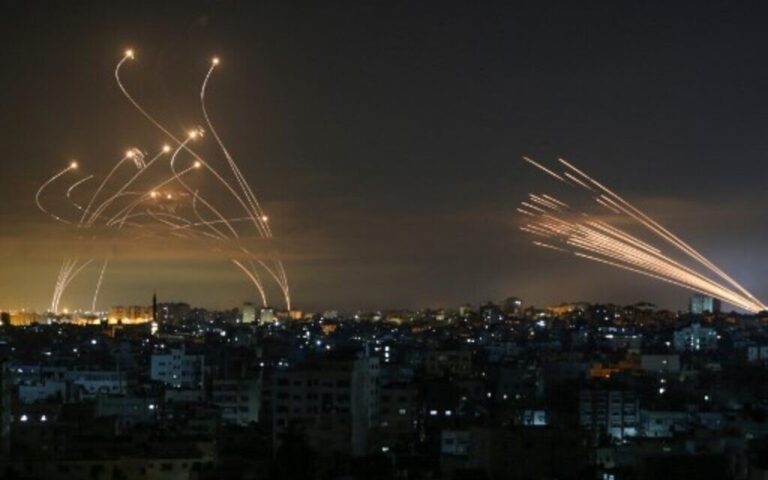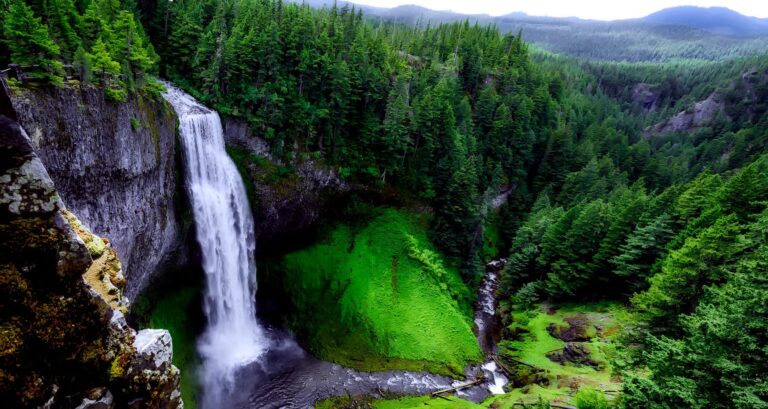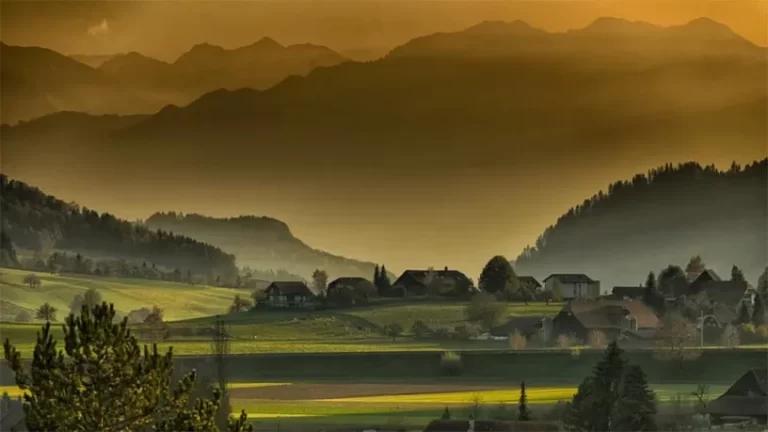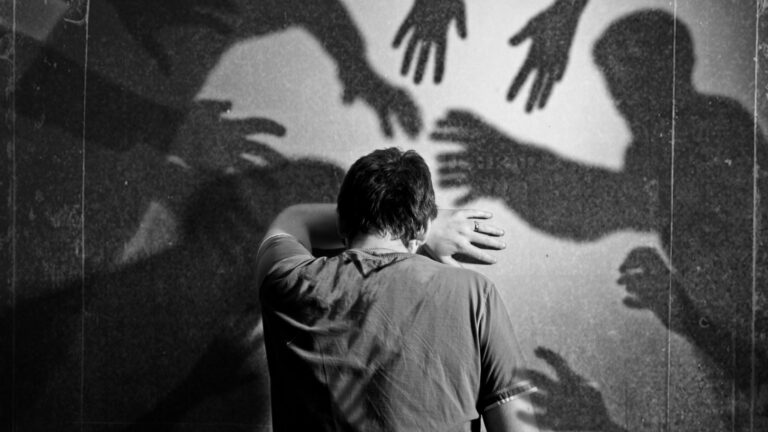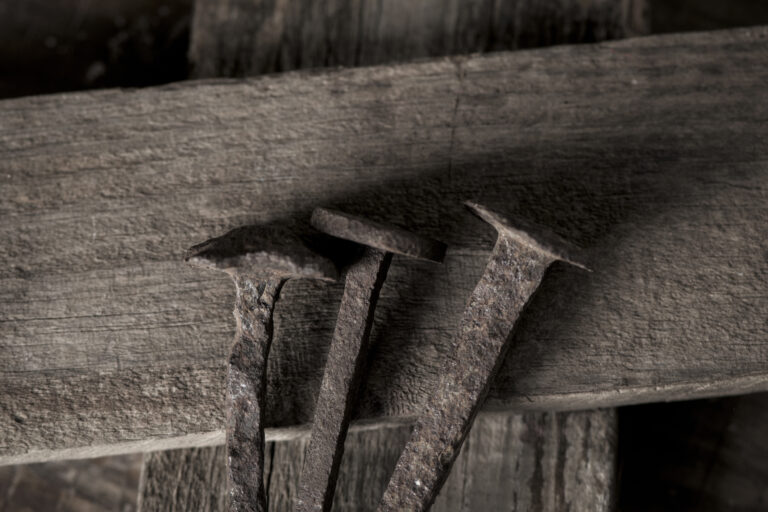Happy Rosh Hashana!
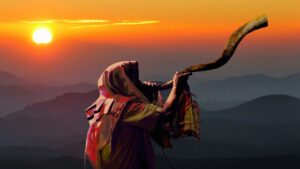
Jews all over the world have been greeting one another with: Shana Tovah!
Rosh Hashana (aka Feast of Trumpets) begins tonight at sunset and lasts two days.
And of the seven Jewish feast days (which all have prophetic significance and find fulfillment in Christ and the Gospel) the Feast of Trumpets may be the most exciting!
And since Rosh Hashana started tonight (Friday), I thought it would be a great opportunity to talk about these amazing holidays and what they may be saying to us today.
In the book of Leviticus, the Lord told Moses that the feasts He has prescribed for His people were His holy convocations (23:1-2).
The Hebrew word for convocation is miqra, which means “a public meeting or dress rehearsal.”
So then, these seven holy days are God’s dress rehearsals, if you will, pointing forward to things to come—the most significant events in human history!
Here they are:
The Spring:
Passover
Unleavened Bread
First-fruits
Pentecost
The Fall:
Trumpets
Day of Atonement
Tabernacles
Scholars say that each feast tells the story of the First and Second Coming of Jesus.
The Apostle Paul told the Colossians that the Jewish holidays were shadows that find their fulfillment in Christ (Colossians 2:16-17).
So we’ve got seven feasts–four in the spring, three in the fall.
Commentators point out the obvious connection between the first four holy days and Jesus’ death and resurrection and the giving of the Holy Spirit.
1. Jesus was crucified on Passover–as the true Passover Lamb.
2. He was buried on the Feast of Unleavened Bread.
3. He rose from the dead on the Feast of First-fruits.
4. The Holy Spirit was poured out on Believers and the Church was born on the very day of Pentecost.
Check!
The first four feasts fulfilled!
(And please tell me what the odds are of these events falling on the very day of the corresponding holy day?)
So four down, three to go–and which feast comes next?
After the spring comes the long summer—the time of sowing and reaping. The summer represents the Church age; the time when the world is evangelized.
But when the Lord of the Harvest determines the harvest is over, and it’s time for the workers to come in from the fields…
He blows the trumpet… and it’s time for the first of the fall feasts: Trumpets–named for the trumpet blowing that opens and closes the holiday.
It’s not hard to see why the Feast of TRUMPETS is associated with the ingathering (rapture) of God’s people.
Zola Levitt, a Jewish Believer, who’s now with the Lord, wrote:
“The trumpet was the signal for the workers to come into the Temple. The High Priest actually stood on the southwest parapet of the Temple and blew the trumpet so that it could be heard in the surrounding fields. At that instant, the faithful would stop harvesting, even if there were crops, and leave immediately for the worship service.”
The Feast of Trumpets foreshadows the rapture of the church!
“For the Lord Himself will descend from heaven with a shout, with the voice of an archangel, and with the trumpet of God… Then we who are alive and remain shall be caught up together with them in the clouds to meet the Lord in the air” (1 Thessalonians 4:16-17).
(Notice the words caught up in the verse above? When the Bible was translated into Latin, the verb for caught up was translated rapturo-–which is where we get the nickname for the event. We’ve been calling it the rapture for 200 years.)
Believers get a pass on the coming wrath that brings the world to an end, since Jesus took the wrath of God for us (1 Thessalonians 5:9).
So before God pours out His fiery judgments that bring an end to human history as we know it, He removes His church from harm’s way.
He appears secretly, like a thief in the night–and snatches up (the actual word in the Greek) the valuables (us) and off He goes with us in hand. (Revelation 3:10)
Remember those famous words of Jesus: No man knows the day or the hour?
Well, here’s something interesting.
Because the Feast of Trumpets begins with the sighting of the new moon, Rosh Hashanah is celebrated over a two-day period, so that Jews living in different time zones could view the new moon and participate together.
It became known as “one long day” and the Feast of Trumpets had something of a mystery about it.
It was called the Hidden Day Feast or the Feast which you do not know the day or the hour.
Sound familiar?
Of course, the Lord can come anytime—it doesn’t have to be in the two-day window of Rosh Hashana! But it’s all so exciting, isn’t it!
And the argument goes… Why would He fulfill the first four feasts on the exact day of the corresponding holy day and not the last three?
And, by the way, the last two feasts (after Trumpets) correspond to the Second Coming (Yom Kippur) and the Millennial reign of Christ (Tabernacles).
If you’re interested in these things, the best book on the subject is called, The Feasts of the Lord by Marvin Rosenthal.
Here’s a good quote:
“Each feast is part of a comprehensive whole. Collectively, they certainly do tell “the greatest story ever told,” the story of God’s love, redemption and promises to His people.”
So Happy Rosh Hashana, everyone!
Have a blessed Feast of Trumpets! And whenever that trumpets sounds, may you be found doing your Father’s business and at peace with Him!
And while we don’t know the day or hour…
One thing we do know:
“In a moment, in the twinkling of an eye, at the last trumpet… the trumpet will sound, and the dead will be raised incorruptible, and we shall all be changed” (1 Corinthians 15:51-53)!
And it’s up, up, and away, caught up together “to meet the Lord in the air! And we shall be with Him forever. Therefore, comfort one another with these words.”
And today could be that Day!
